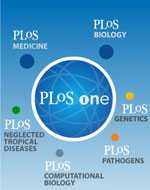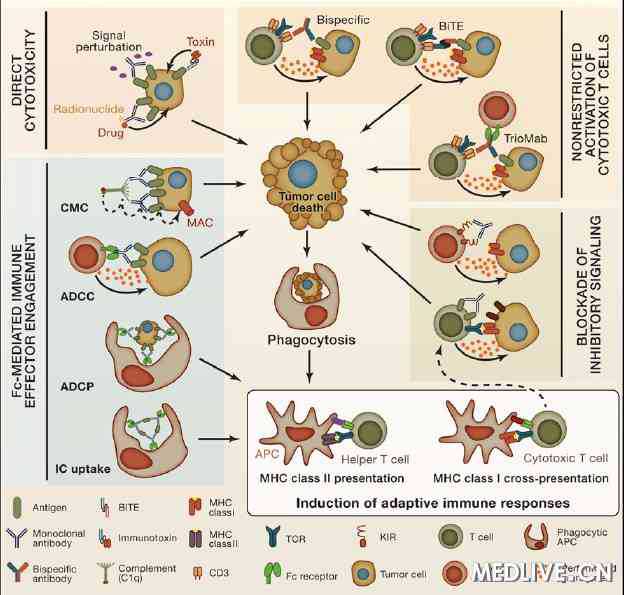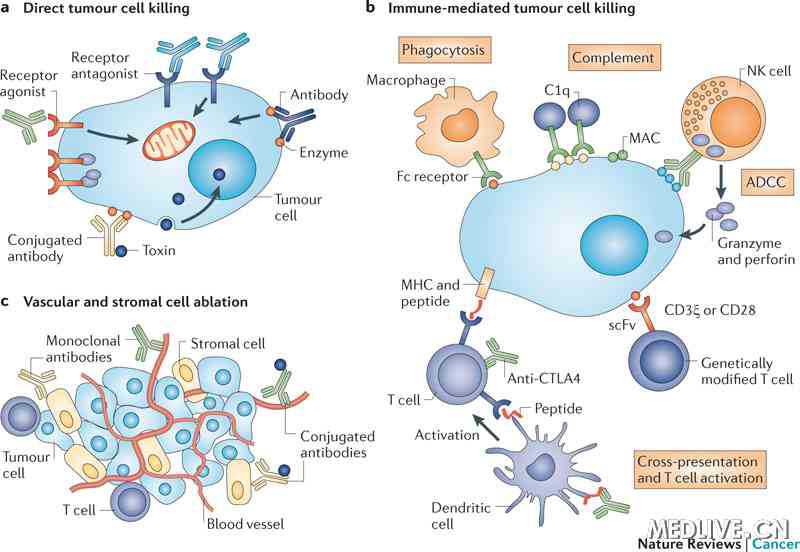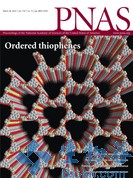PLoS Pathog:单克隆抗体HCV1有望治疗丙型肝炎
2013-05-06 Beyond 生物谷
2012年8月31日得克萨斯州的生物医学研究所马萨诸塞州医学院(UMMS)研究人员开发了一种新的防止丙型肝炎病毒(HCV)感染的单克隆抗体,并在动物模型上进行了测试。 在德克萨斯州生物医学的灵长类动物研究中心进行的一项研究中,研究人员发现一种新的靶向病毒的人单克隆抗体能以剂量依赖的方式保护黑猩猩免于丙型肝炎病毒感染。黑猩猩是除人类以外唯一会被HCV感染的物种,因此本研究的结果对单克隆抗体的发展至
2012年8月31日得克萨斯州的生物医学研究所马萨诸塞州医学院(UMMS)研究人员开发了一种新的防止丙型肝炎病毒(HCV)感染的单克隆抗体,并在动物模型上进行了测试。
在德克萨斯州生物医学的灵长类动物研究中心进行的一项研究中,研究人员发现一种新的靶向病毒的人单克隆抗体能以剂量依赖的方式保护黑猩猩免于丙型肝炎病毒感染。黑猩猩是除人类以外唯一会被HCV感染的物种,因此本研究的结果对单克隆抗体的发展至关重要。
研究由美国国家卫生研究院(NIH)和默克研究实验室资助,相关研究结论发表在8月30日的PLoS Pathogens 杂志上。
研究人员曾表明,单克隆抗体HCV1能阻断丙型肝炎病毒感染实验室组织培养的肝细胞。 这是一个重要的临床前研究结论,该研究证实了高剂量的中和抗体可以保护肝脏免受感染丙型肝炎病毒。
HCV1是一种单克隆抗体,该抗体结合HCV病毒并抑制病毒进入肝细胞的能力。HCV病毒损害肝脏,是导致肝移植患者死亡的主要原因,美国每年大约有6000名患者接受肝移植,但约有一半患者诊断感染丙型肝炎病毒。
与丙肝相关的拓展阅读:
- Liver Transpl:美国老年丙肝患者肝移植需求增多
- NEJM:Sofosbuvir用于慢性丙肝病毒感染初治安全有效
- Clin Infect Dis:血清标志物FIB-4或可用于慢性丙肝纤维化分期
- Hepatology:VitA缺乏——丙肝抗病毒治疗失败的“疑凶”
- Hepatology:丙肝肝硬化大多因酗酒导致
- PLoS One:IFN治疗丙肝对甲状腺功能影响报道不一 更多信息请点击:有关丙肝更多资讯

Human Monoclonal Antibody HCV1 Effectively Prevents and Treats HCV Infection in Chimpanzees
Hepatitis C virus (HCV) infection is a leading cause of liver transplantation and there is an urgent need to develop therapies to reduce rates of HCV infection of transplanted livers. Approved therapeutics for HCV are poorly tolerated and are of limited efficacy in this patient population. Human monoclonal antibody HCV1 recognizes a highly-conserved linear epitope of the HCV E2 envelope glycoprotein (amino acids 412–423) and neutralizes a broad range of HCV genotypes. In a chimpanzee model, a single dose of 250 mg/kg HCV1 delivered 30 minutes prior to infusion with genotype 1a H77 HCV provided complete protection from HCV infection, whereas a dose of 50 mg/kg HCV1 did not protect. In addition, an acutely-infected chimpanzee given 250 mg/kg HCV1 42 days following exposure to virus had a rapid reduction in viral load to below the limit of detection before rebounding 14 days later. The emergent virus displayed an E2 mutation (N415K/D) conferring resistance to HCV1 neutralization. Finally, three chronically HCV-infected chimpanzees were treated with a single dose of 40 mg/kg HCV1 and viral load was reduced to below the limit of detection for 21 days in one chimpanzee with rebounding virus displaying a resistance mutation (N417S). The other two chimpanzees had 0.5–1.0 log10 reductions in viral load without evidence of viral resistance to HCV1. In vitro testing using HCV pseudovirus (HCVpp) demonstrated that the sera from the poorly-responding chimpanzees inhibited the ability of HCV1 to neutralize HCVpp. Measurement of antibody responses in the chronically-infected chimpanzees implicated endogenous antibody to E2 and interference with HCV1 neutralization although other factors may also be responsible. These data suggest that human monoclonal antibody HCV1 may be an effective therapeutic for the prevention of graft infection in HCV-infected patients undergoing liver transplantation.
本网站所有内容来源注明为“梅斯医学”或“MedSci原创”的文字、图片和音视频资料,版权均属于梅斯医学所有。非经授权,任何媒体、网站或个人不得转载,授权转载时须注明来源为“梅斯医学”。其它来源的文章系转载文章,或“梅斯号”自媒体发布的文章,仅系出于传递更多信息之目的,本站仅负责审核内容合规,其内容不代表本站立场,本站不负责内容的准确性和版权。如果存在侵权、或不希望被转载的媒体或个人可与我们联系,我们将立即进行删除处理。
在此留言












#克隆#
112
#HCV#
78
#丙型肝炎#
91